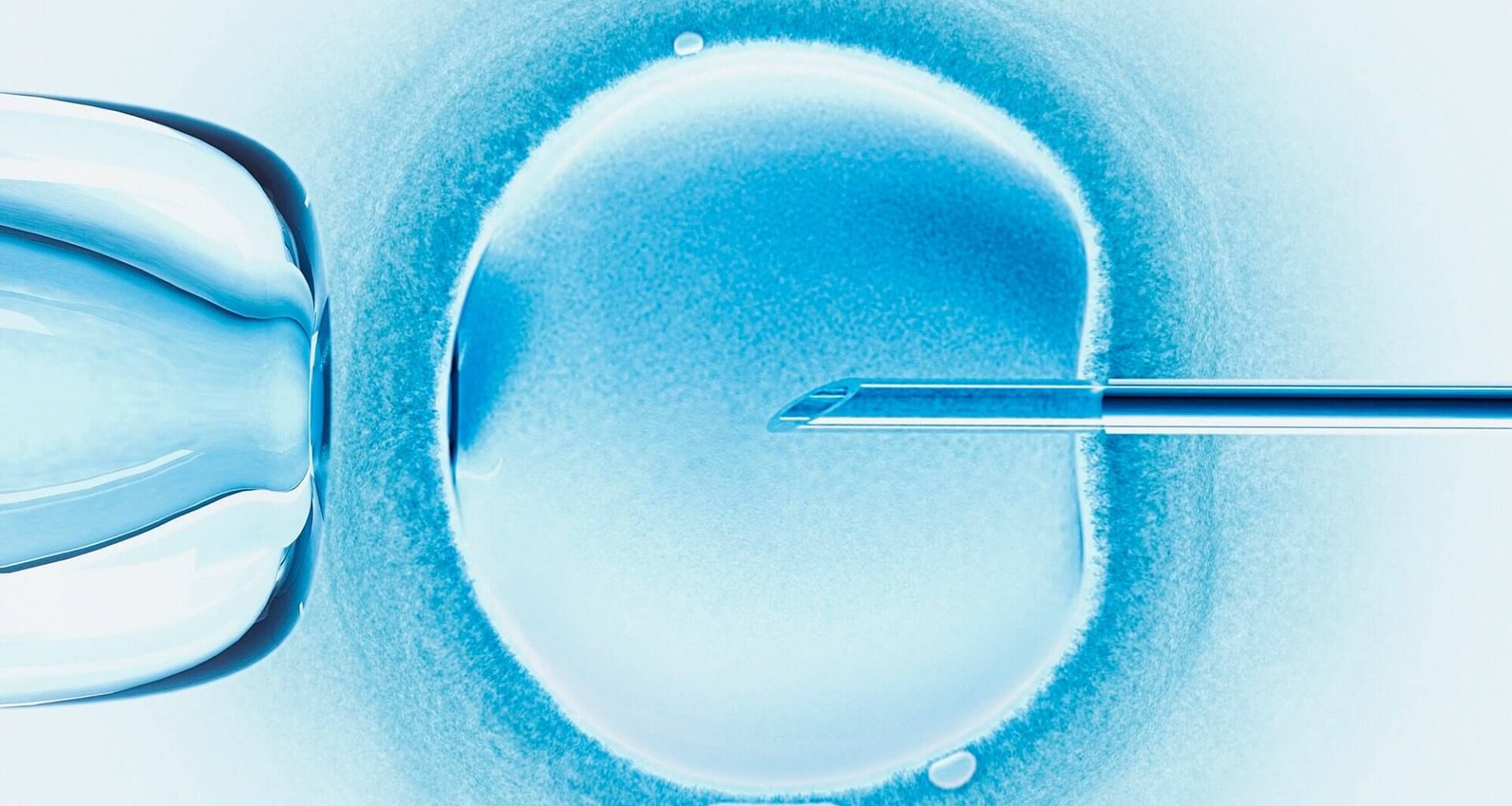If you could select the traits your children would have before they were born, would you do it? Once a sci-fi fantasy, this possibility is now within reach. Advances in reproductive technology allow parents to select their child’s sex and screen embryos for their risk of up to 600 genetic disorders. As innovation continues, people may be able to select against more complex health conditions as well as for traits like greater intelligence. In other words, in vitro fertilization (IVF) and embryo selection could eventually turn reproduction, a fundamental part of the human experience, into a consumer medical service—where children are effectively engineered in a lab based on their parents’ idiosyncratic preferences.
How does this process work? IVF is a fertility treatment where eggs are retrieved from ovaries, fertilized with sperm in a lab, and resulting embryos are transferred to the uterus. Embryo selection, often through preimplantation genetic testing (PGT), involves screening embryos for genetic abnormalities before implantation. While these technologies offer hope to many, they come with notable risks.
Technical challenges
The first problem is that IVF isn’t seamless. Multiple embryo transfers increase the chance of twins or higher-order pregnancies, raising complications like preterm birth and low birth weight. Ovarian hyperstimulation syndrome, a potential side effect from fertility drugs, can cause abdominal pain, bloating, and in rare cases, blood clots. There’s also a slightly elevated risk of birth defects and hypertensive disorders. If more people opt to use IVF as a means of “designing” their babies, there’s a chance these negative outcomes will become more frequent.
Then there are concerns about the accuracy of embryo screening. Polygenic risk scores are not iron-clad guarantees, they’re statistical associations based on limited population data. While they’re accurate up to a point, they can’t account for every variable that influences the traits we’re interested in, for example environmental factors that affect disease risk. In short, PGT can’t tell you when or even if a particular trait will materialize—only that it might.
Ethical dilemmas
But assuming these reproductive technologies work as intended, the greatest concerns stem from unresolved ethical dilemmas. For instance, what happens when parents select an embryo with a lower risk of cancer but a higher risk of diabetes? Or consider a scenario where someone wants a child with a physical deficit like deafness? These scenarios raise the question of regulation. Who determines how these reproductive technologies are used, and what basis do they make these decisions? The risk of abuse by governments is obvious.
Philosopher Jonathan Anomaly is a well-known proponent of embryo selection and the author of Creating Future People: The Science and Ethics of Genetic Enhancement. While he acknowledges the validity of these myriad concerns about designer babies, he argues that they’re surmountable with technological improvements and sensible rules that balance parental autonomy with common sense.
Is embryo selection the start of a biomedical revolution, or a gateway to a totalitarian future? Join Dr. Liza Lockwood and Cam English on this episode of Facts and Fallacies as they explore the messy ethics of embryo selection with Jonathan Anomaly.
Podcast: Play in new window | Download
Subscribe:
Jonathan Anomaly is the academic director of the Center for Philosophy, Politics, and Economics in Quito, Ecuador. His book is Creating Future People: The Science and Ethics of Genetic Enhancement. Find Jonathan on X @JonathanAnomaly
Dr. Liza Lockwood is a medical toxicologist and the medical affairs lead at Bayer Crop Science. Follow her on X @DrLizaMD
Cameron J. English is the director of bio-sciences at the American Council on Science and Health. Follow him on X @camjenglish

